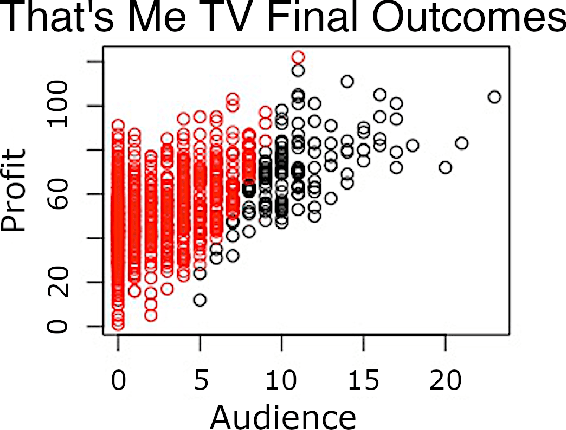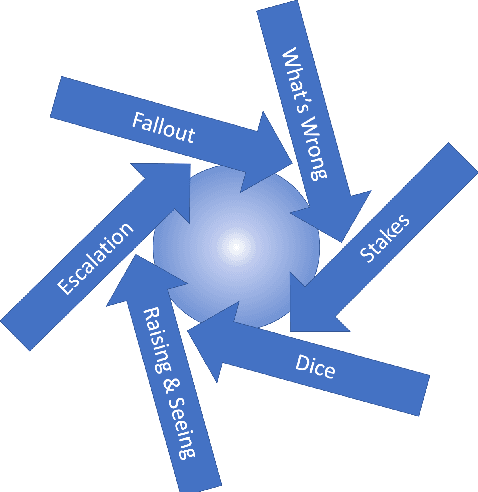Mirjam Eladhari
Tabletop Roleplaying Games as Procedural Content Generators
Jul 15, 2020

Abstract:Tabletop roleplaying games (TTRPGs) and procedural content generators can both be understood as systems of rules for producing content. In this paper, we argue that TTRPG design can usefully be viewed as procedural content generator design. We present several case studies linking key concepts from PCG research -- including possibility spaces, expressive range analysis, and generative pipelines -- to key concepts in TTRPG design. We then discuss the implications of these relationships and suggest directions for future work uniting research in TTRPGs and PCG.
* 9 pages, 2 figures, FDG Workshop on Procedural Content Generation 2020
PCG-Based Game Design Patterns
Oct 11, 2016


Abstract:People enjoy encounters with generative software, but rarely are they encouraged to interact with, understand or engage with it. In this paper we define the term 'PCG-based game', and explain how this concept follows on from the idea of an AI-based game. We look at existing examples of games which foreground their AI, put forward a methodology for designing PCG-based games, describe some example case study designs for PCG-based games, and describe lessons learned during this process of sketching and developing ideas.
 Add to Chrome
Add to Chrome Add to Firefox
Add to Firefox Add to Edge
Add to Edge